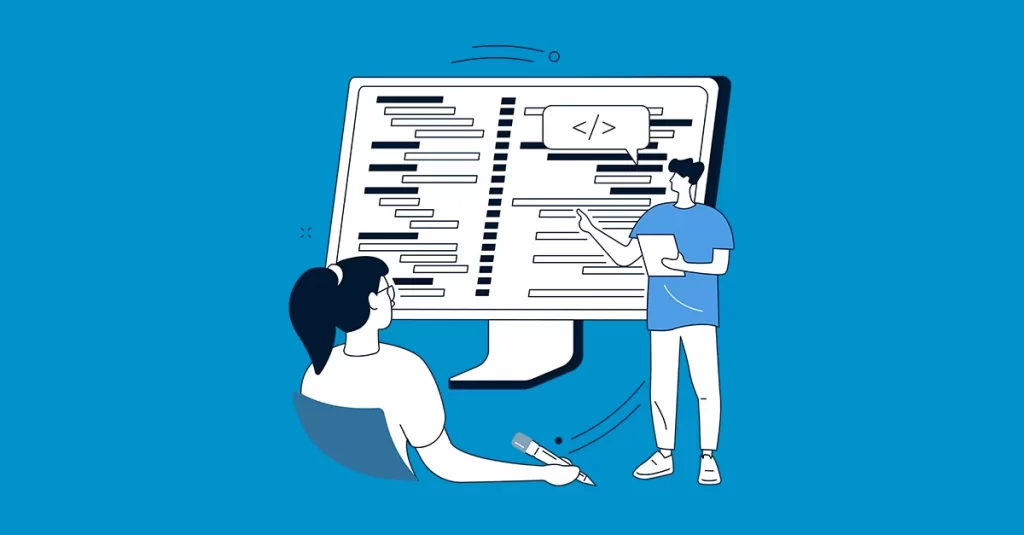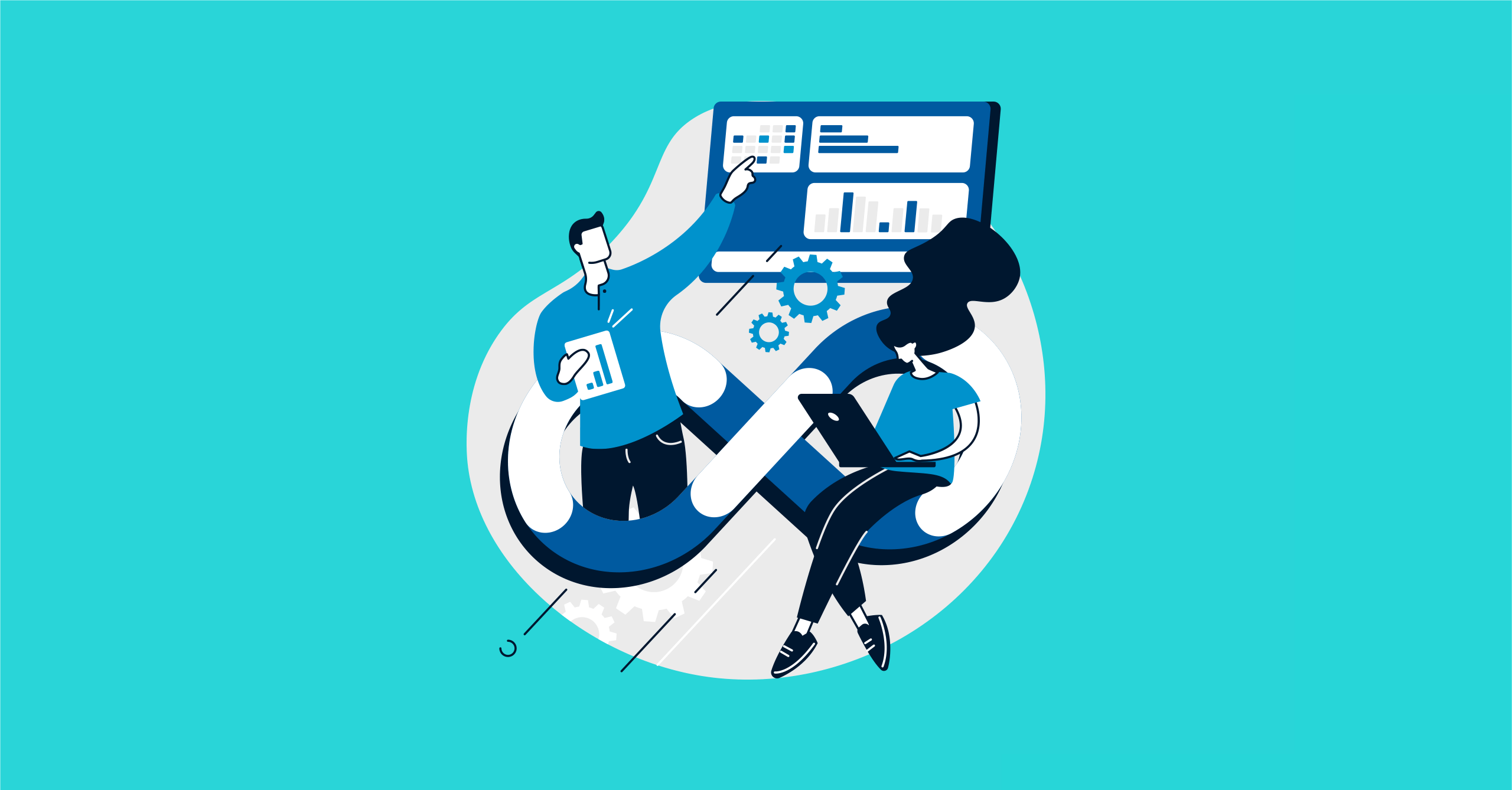
Efficiency pressures, changing customer expectations and rapidly evolving technology are among the main factors forcing today’s businesses to transform. In many industries, cybersecurity issues, operational disruptions due to manual processes and lack of real-time data threaten the overall sustainability of business processes. At this point, a frequently asked critical question arises: What is Industry 4.0?
This concept refers to the integration of digital technologies into production and business processes. In this transformation, the Internet of Things (IoT), which works with embedded sensors, software and processing units, artificial intelligence that improves decision-making processes, big data analytics that transforms raw data into meaningful insights, augmented/virtual reality and robotic systems play an important role. This transformation is radically changing not only production lines, but also decision-making processes, customer experience and the quality of the workforce.
Moreover, the answer to the question of what Industry 4.0 is hidden not only in a technological definition, but also in a strategic transformation that shapes the future of businesses. Thanks to this new industrial phase, smart factories are equipped with automated and connected systems, minimizing errors, increasing efficiency and providing competitive advantage. In short, Industry 4.0 is not just a technology trend; it is the cornerstone of building a more flexible, predictable and sustainable future for businesses.
What is the Main Purpose of Industry 4.0?
The main objective of Industry 4.0 is to improve operational efficiency by significantly increasing productivity, quality and digitalization in business processes. Replacing manual inspection with artificial intelligence-supported systems reduces the margin of error and saves costs and time. Cloud-connected smart devices allow quality control processes to be monitored from anywhere, while machine learning algorithms enable early detection of threats, reducing repair costs.
These technologies also significantly improve the customer experience by enabling a deep understanding of customer needs through big data analytics, artificial intelligence and the delivery of personalized products and services.

What are the 4 Key Components of Industry 4.0?
As an alternative to the question of what is Industry 4.0 , we can answer it as an industrial revolution born from the combination of physical and digital technologies. This revolution uses advanced digital technologies such as the Internet of Things (IoT), Artificial Intelligence (AI), Big Data Analytics and Cyber Security to make production and business processes smarter. These technologies enable the implementation of more efficient and flexible business processes in many areas from manufacturing to service sectors.
These basic components that Industry 4.0 offers to increase the efficiency of businesses, reduce manual errors and make faster decisions constitute the new face of digitalization. Let’s take a closer look at some of the key components that play a critical role in this transformation.
1. Internet of Things (IoT)
The Internet of Things (IoT) is a smart network infrastructure that enables devices, machines and systems to communicate with each other over the internet. As part of Industry 4.0, IoT enables machines to connect and exchange data in production and business processes, increasing operational efficiency, flexibility and real-time control.
IoT technology is not limited to production lines; it triggers transformation in many sectors such as health, energy, logistics, retail, finance, smart city applications. IoT is one of the most critical components of digital transformation, which can be used in a wide range of applications from smart stations to wearable devices, field operations and especially solutions for monitoring the entire IT infrastructure of industries.
2. Artificial Intelligence Technologies (AI) and Machine Learning
Within the scope of Industry 4.0, artificial intelligence technologies integrated into critical business processes such as IT Service Management, IT Asset and Configuration Management, Field Services Management and Project Management are used to increase efficiency by analyzing complex data, reduce errors caused by manual business processes such as excel & paper and optimize operations.
In addition, with the AI-supported Low-Code Development Platform, accelerate digitalization not only in the production area but also in manually implemented business processes such as documentation, reporting and demand management, and quickly transform your ideas into applications suitable for your own business processes. Thus, you can create a competitive advantage in your Industry 4.0 journey and achieve sustainable success with agile and innovative business models.
When applied correctly, artificial intelligence and machine learning offer key advantages such as production and business optimization, acceleration of manual processes, supply chain integration, market adaptation and improved product quality. In this context, the question “What is Industry 4.0?” includes not only a technological change, but also a fundamental transformation of the way business is done.
3. Big Data Analytics
Today, companies must not only collect data, but also process it and use it in their strategic decisions. This is where big data analytics comes into play.
Analyzing data makes it possible to optimize business processes, reduce operational costs, increase customer satisfaction and make faster decisions. For example, while personalized services can be offered according to user habits in the finance sector, corporate units in the public sector can develop more efficient and needs-oriented solutions by using big data in the services they offer.
Although it is a complex process to bring together data from different sources and in different formats, this data turns into meaningful insights when processed with the right software tools. Using these insights, businesses can gain competitive advantage and develop more effective business models. In conclusion, the answer to the question of what Industry 4.0 is to integrate technologies such as big data analytics into business processes to enable smarter and data-driven decisions.
4. Cyber Security
While Industry 4.0 offers numerous opportunities for businesses, such as increased productivity, cost savings and innovation, it also brings vulnerabilities to cyber security threats. As the use of cloud computing and automation systems increases, the security of data and systems becomes more important.
Increased connectivity, integration of legacy systems with modern solutions, and an expanding attack surface are the main reasons for these vulnerabilities. The limited security protocols of IoT and IoT devices, data security risks and the exposure of physical devices to digital threats increase the likelihood of attacks. In addition, remote access and management capabilities bring unauthorized access risks. Therefore, it is critical for companies to strengthen their security strategies, implement layered defense measures and invest in monitoring solutions.
The more a company evaluates Industry 4.0 technologies, the greater the risk of being targeted by cybercrime. This not only means financial losses for companies but can also lead to long-term damages such as reputational damage, loss of customer trust and legal liabilities.
The integrated adoption of both digitalization and cybersecurity by the organization not only ensures the efficient use of technology, but also guarantees operational sustainability and customer trust. As a result, the answer to the question “What is Industry 4.0?” emphasizes not only a technological transformation, but also that this transformation must be managed securely.
How to Gain Competitive Advantage in Industry 4.0 and Digital Transformation with Cheetah Low-Code Development Platform?
1. Rapid Application Development
Industry 4.0 requires fast digital solutions in areas such as data-driven decision making, real-time monitoring and automation. Cheetah enables application development in much less time than traditional software development thanks to drag-and-drop components and ready-made modules.
2. Lightening IT teams
In Industry 4.0, every business unit needs effective digital solutions. The Cheetah Low-Code Development Platform enables business units to develop their own solutions without software developer dependency, relieving pressure on IT teams so that they can focus on strategic goals in business processes.
3. The Advantage of Delivering Prototypes in the Fastest Way
In the era of Industry 4.0 and digitalization, it has become critical for organizations to make fast decisions and produce solutions quickly. Cheetah enables rapid prototyping of applications with its visual development tools and ready-made components. This allows ideas to be realized quickly and shorten time-to-market.
4. Lean and Scalable Digitalization
Industry 4.0 and the digitalization process require companies to develop flexible, adaptable and sustainable solutions. Thanks to Cheetah, it is possible to start with small steps and gradually scale the application and automation processes according to the needs. This approach enables digital transformation to proceed in a controlled and sustainable manner without making large investments.
If you are looking for a solutions partner in your digital transformation journey, you can contact with us.


